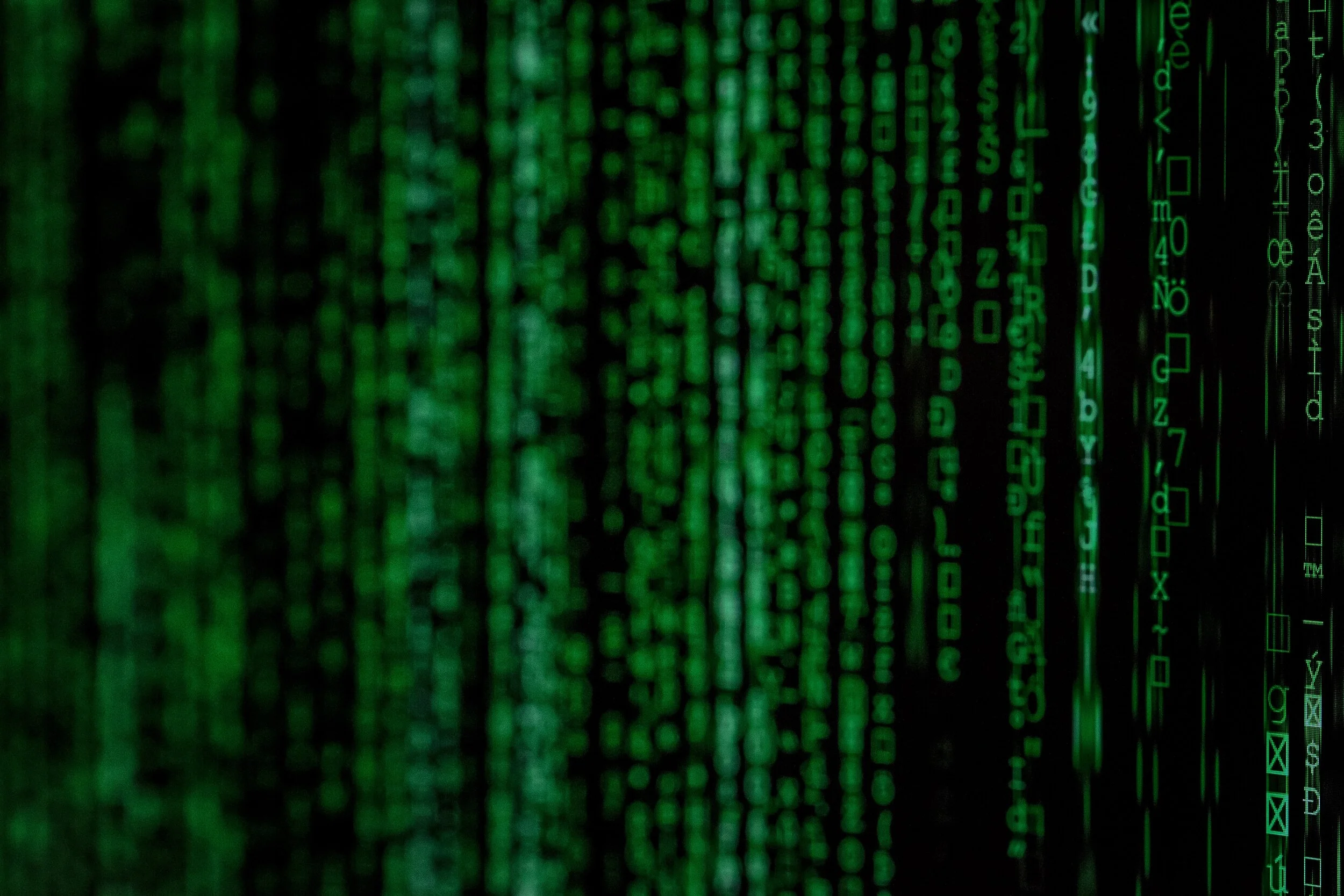
Of Algorithms and Leadership
What I had not considered, until reading the aforementioned interview, was how algorithmic ecology (this may be a neologism…i.e., the relations between/among algorithmic softwares and the environments in which they are used) might affect leadership development.

The Siren Song of AI
The siren song of artificial intelligence (AI) is absolutely mesmerising. Witness a recent posting in Chief Learning Officer magazine by the managing director of learning science platforms at a large publishing house, who, in a passionate plea for the place of AI in learning and development, states the following: “There has never been so much knowledge in the world. […] Content is proliferating at an astronomical rate” (23 Oct 2017, “Artificial Intelligence Comes to Learning”). At such words, heads typically nod and everyone allows for how wise this person must be, to see things so clearly.

School in an Age of Autonomous Agents With Free Will
Despite the jargon-laden title of this post, the content is about a simple matter: do we, as human beings (as educators, in our case), really know ourselves as well as we think we do? As David Mattin, head of trends and insights at trendwatching.com shares in the September 2017 issue of Business Life, “contemporary science reveals [that] we know ourselves far less well than we think, and that our choices are largely dictated by unconscious brain processes.”

Feel Small and Out of Your Depth
As educationalists, we are (supposedly) all about growth and development. We tend to think of the growth and development of children, but what about our own? It may be a great professional development experience to serve on an industry-related board, or to serve as a workshop facilitator, but do such opportunities force us out of our comfort zone? Are we stretching our thinking, or are we truly remaining in the same box we've always been in?

Powering Ahead: Alternative School Models
The Alternative School Models that will be successful will be those that rely on network thinking as a core design principle. Like Tesla, who has built charging stations in order to provide the requisite power for their all-electric cars, ASMs that create and utilise platforms (from student information systems to learning software to other softwares not yet named) that enable all their schools (and parents and students…all ‘users’) to tap into them on a daily basis will gain ground quickly, scaling in ways that incumbent schools have not anticipated.